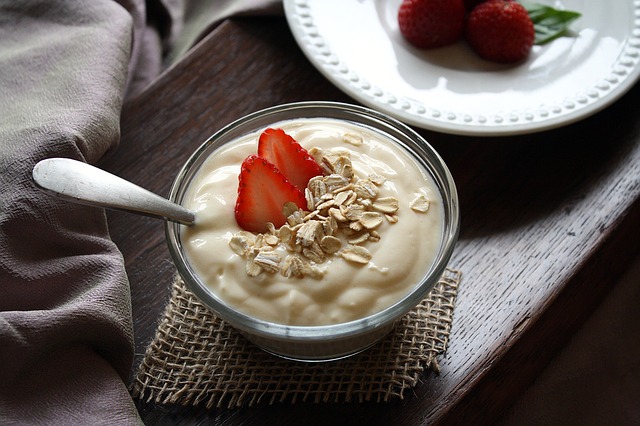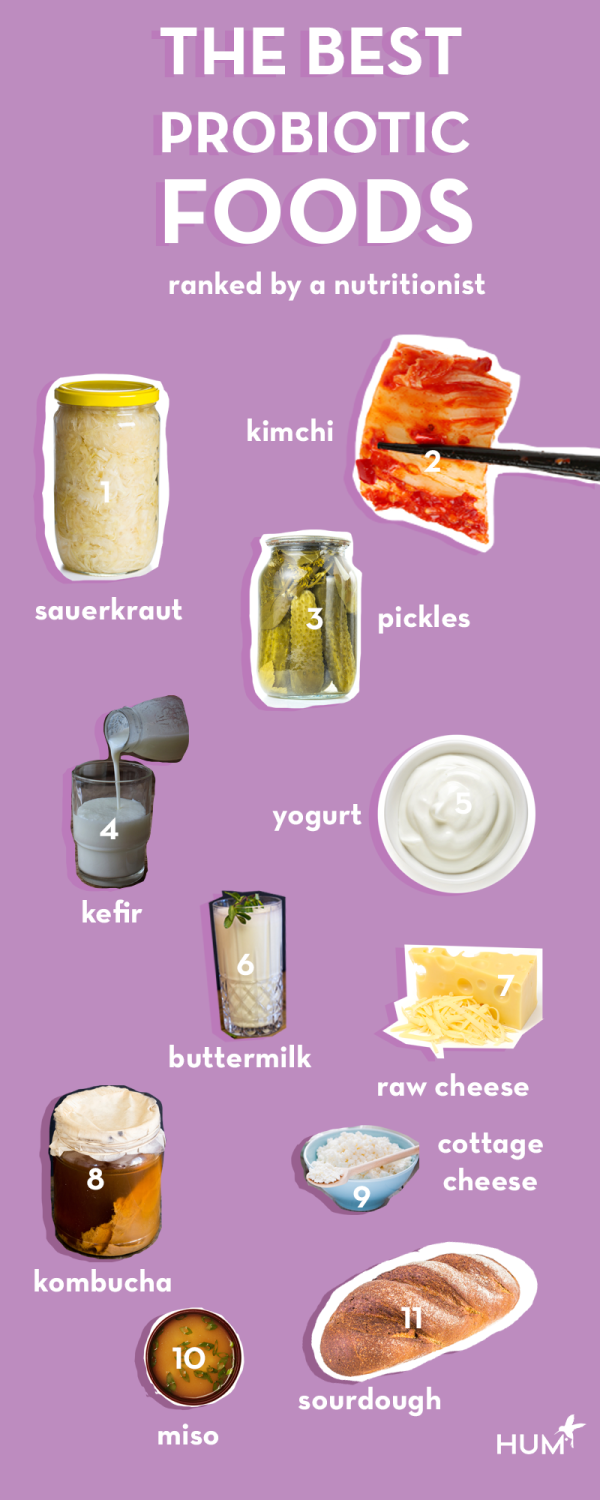Counter antibiotics with priobiotics
A recent study has highlighted that the use of probiotics is directly linked to the reduced need for antibiotic treatment in infants and children.

Washington DC: A recent study has highlighted that the use of probiotics is directly linked to the reduced need for antibiotic treatment in infants and children.
According to the research compiled using results from 12 similar studies, infants and children were 29 per cent less likely to have been prescribed antibiotic if they received probiotics as a daily health supplement. When the analysis was repeated with only the highest quality studies, this percentage increased to 53.
Also Read: Feel hungry always? Here's the reason
Also Read |
This is how children want their food served
"Given this finding, one way to reduce the use of antibiotics is to use probiotics on a regular basis," said Daniel Merenstein, the study's senior investigator.
"We already have evidence that consuming probiotics reduces the incidence, duration, and severity of certain types of common acute respiratory and gastrointestinal infections. The question is whether that reduction is solidly linked to declining use of antibiotic, and we see that there is an association," Merenstein added.
Sarah King, lead author of the study, said, "More studies are needed in all ages, and particularly in the elderly, to see if sustained probiotic use is connected to an overall reduction in antibiotic prescriptions. If so, this could potentially have a huge impact on the use of probiotics in general medicine and consumers in general."
Also Read: Caring for a preterm baby
Also Read |
Looking for maintaining healthy diet? Start your meal with high-calorie desserts

"We don't know all the mechanisms probiotic strains may leverage. But since most of the human immune system is found in the gastrointestinal tract, ingesting healthy bacteria may competitively exclude bacterial pathogens linked to gut infections and may prime the immune system to fight others," King added.
The study appears in the European Journal of Public Health. (ANI)
 Dynamite News
Dynamite News 